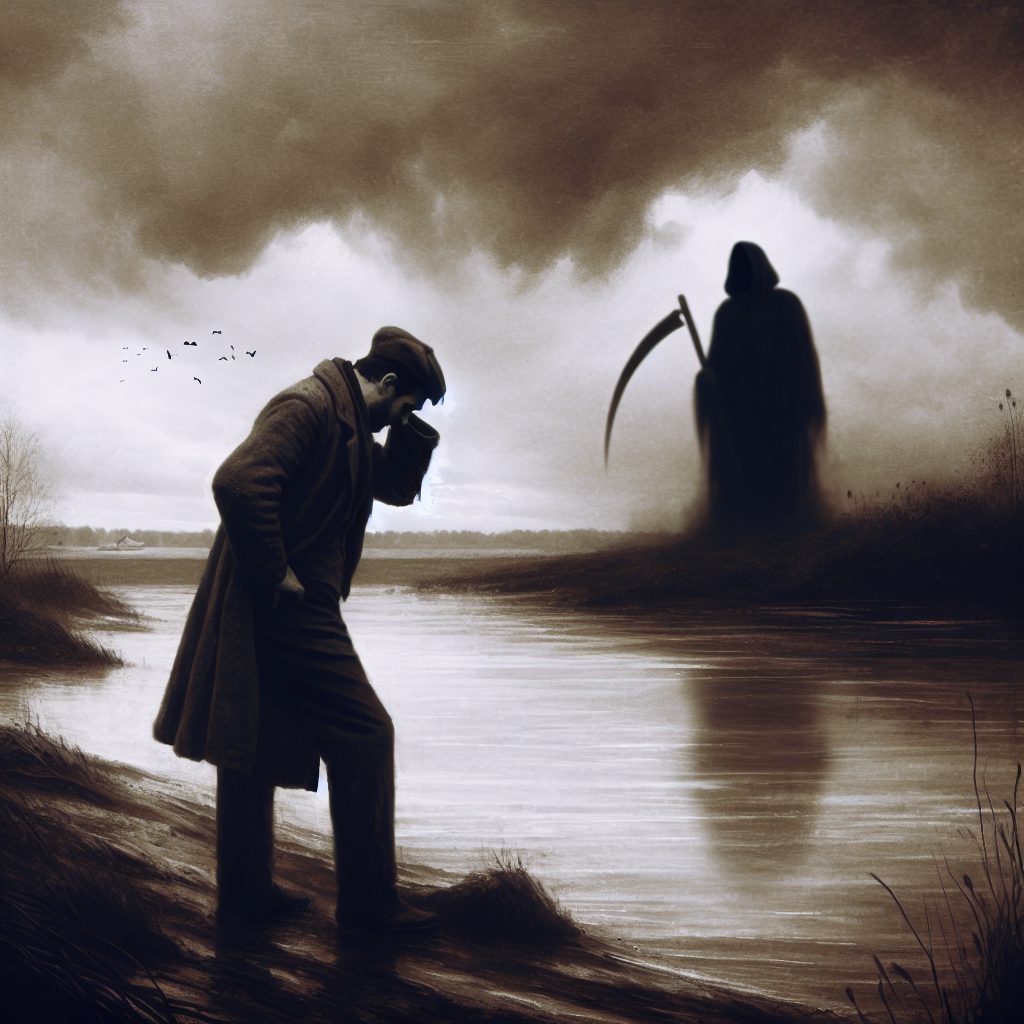Paul Schrader's Race Against Time: 'Oh, Canada' Premieres at Cannes
Filmmaker Paul Schrader, after battling long COVID and inspired by his late friend Russell Banks, premieres 'Oh, Canada' at Cannes. The film sees Schrader reunite with Richard Gere, reflecting a continuation from their 'American Gigolo' collaboration. Schrader discusses the urgent drive to create amidst health challenges.

After a string of hospitalisations for long COVID, Paul Schrader had a realization.
"If I'm going to make a film about death," Schrader told himself, "I'd better hurry up." The health of the 77-year-old filmmaker, whose films and scripts have covered half a century of American movies, from "Taxi Driver" to "First Reformed", has since improved. But that sense of urgency only increased when Russell Banks, a friend of Schrader's since he adapted Banks' "Affliction" into the 1997 film, began ailing. Banks died in 2023.
Schrader resolved to turn Banks' 2021 novel "Foregone" into a film. At the time, he imagined it would be his last. But Schrader, who's been as prolific as ever in the past decade, has said that before.
In 2017, he surmised that "First Reformed" was his final cinematic statement. Then he made 2021's "The Card Counter". And, after that came 2022's "Master Gardener".
"The irony is every time you think, 'Well, that's about it,' you have a new idea," Schrader told The Associated Press in an interview at the Cannes Film Festival. "And you have to write the new idea and make the new film. 'OK, God, put that thing on hold. I'll be back to you when I've finished my film.'" Schrader, chuckling, adds: "I'm going to start a new company called Post-Mortem Cinema." On Friday, Schrader was to premiere his Banks' adaptation, now titled "Oh, Canada", at Cannes. It's his first time back in competition in 36 years. And, particularly given that he's joined this year by Francis Ford Coppola and George Lucas — all of them central figures of the fabled New Hollywood — Schrader's Cannes return comes with echoes of the heyday of '70s American moviemaking. "Taxi Driver", which Schrader wrote, won the Palme d'Or here in 1976.
Schrader, though, allows for only so much nostalgia.
"It's gotten aggrandised in the collective memory. There were a lot of bad films. There were a lot of bad players," Schrader says of the '70s. "However, it was the birth of the self-starting movement in cinema. So people like George and Francis and I, all film-school graduates like Marty, we all started our careers in this environment. That was a kind of a golden moment, but that doesn't mean all the films were golden." "Oh, Canada'', which is seeking a distributor, is a kind of bookend to one of the films from that era: the 1980 neo-noir "American Gigolo". Schrader reteams with Richard Gere decades after "American Gigolo" made Gere a star. Until now, Schrader says, the two hadn't much discussed reuniting.
"Richard had been developing some mannerisms that I wasn't entirely comfortable with as a director, and roles I wasn't comfortable with," Schrader says. "I was thinking more in terms of Ethan (Hawke) and Oscar (Isaac)." But the idea of "Oh, Canada" as a kind of spiritual sequel to "American Gigolo" appealed to him. In the film, Gere stars as a revered Canadian filmmaker named Leonard Fife who, nearly on his deathbed, grouchily sits for an interview with documentary filmmakers.
His wife (Uma Thurman) watches on as Leonard tells his life story, seen in flashbacks with Jacob Elordi playing the younger Fife, in the 1960s. We have the impression that Fife, who fled to Canada during the Vietnam War, is speaking more honestly than ever before. "I thought the dying Gigolo — that put some spin on it. People are going to be interested in that, even though it's not the same character at all," Schrader says. "I could see that he had come out of retirement. He needs this, therefore he'll do it for nothing." Schrader approached Gere with a few stipulations.
"I said, 'I'll send it to you on three conditions: One, that you read it right away. Two, that I get an answer in two weeks. And, three, that you understand my financial parameters,'" Schrader says. "He agreed. I said the same thing to (Robert) De Niro. Bob said, 'Well, I agree to the first two but not the third one.'" "So I didn't send the script to Bob," Schrader says, laughing.
Since the 2013 film "The Canyons", which he directed from a Bret Easton Ellis script, Schrader has found a way to make the economics of independent filmmaking work for him.
"People thought that was all a kind of desperate career failure, but it was a glimpse into a new world. It was a trial run of how you do a film yourself,'' says Schrader. "After that, I knew that you could make a film and get final cut. You could say to an investor: I'm not going to make you rich — get that dog out of your head. But I think I'm going to make you whole. And I'm going to give you a credit and I'm going to put you on a red carpet somewhere. You could put your money into toasters or tires, or you could put it into this film.'" The significant caveat to that, Schrader says, is that he came up in the old system of Hollywood. He's not sure the same strategy could work for someone less established in today's digital landscape. "I got my head above the crowd when there was only 400 people in the room," he says. "Now there's 40,000 people in the room."
(This story has not been edited by Devdiscourse staff and is auto-generated from a syndicated feed.)










